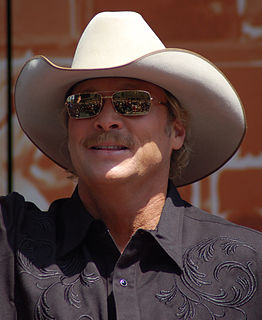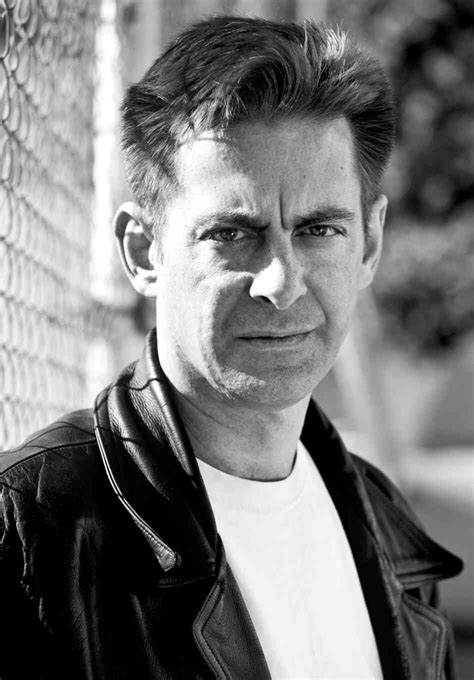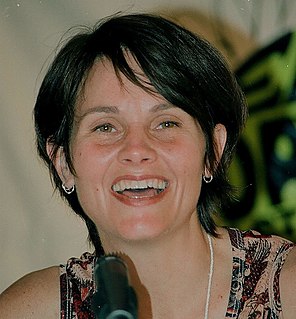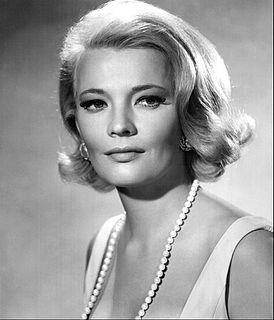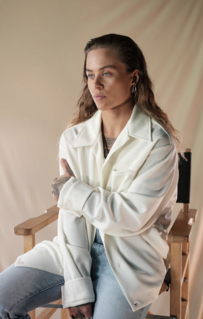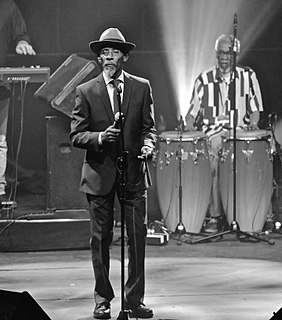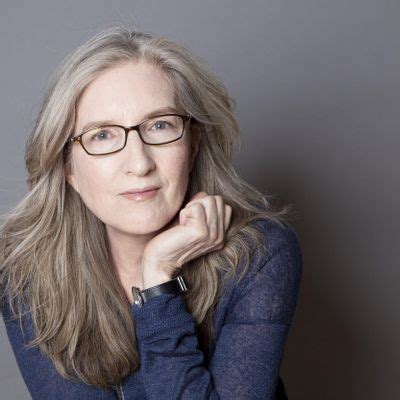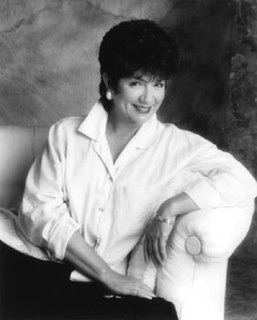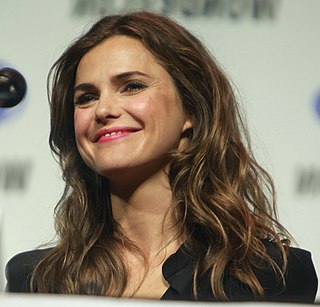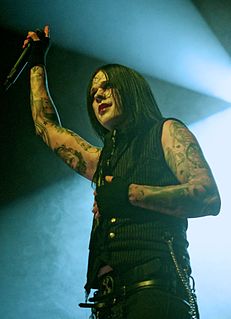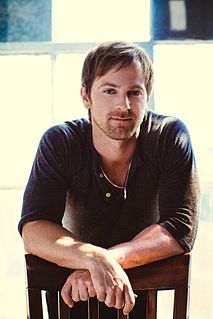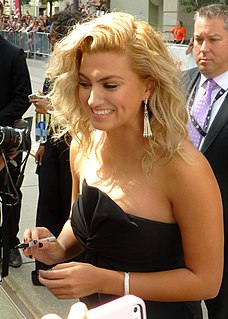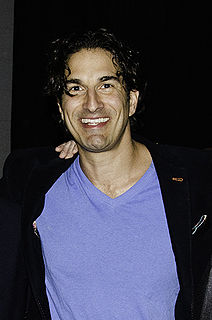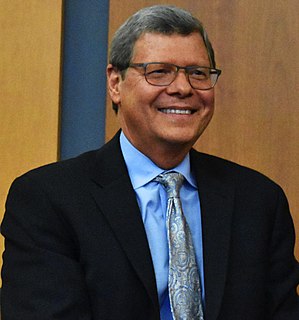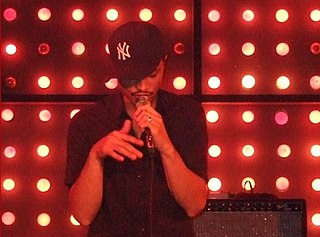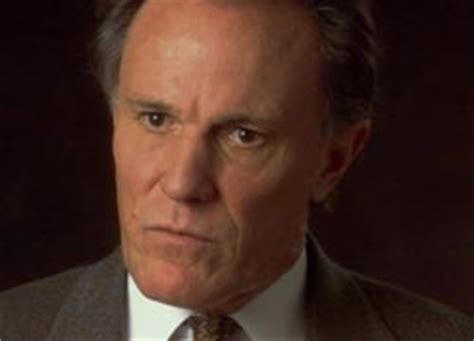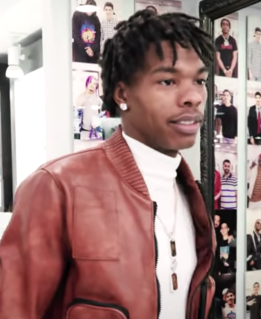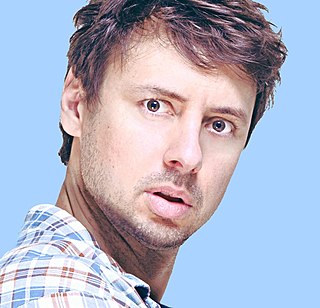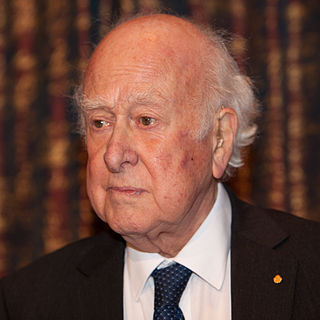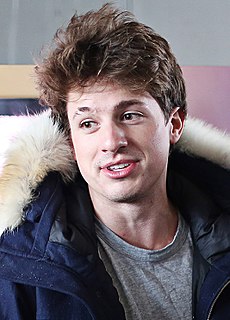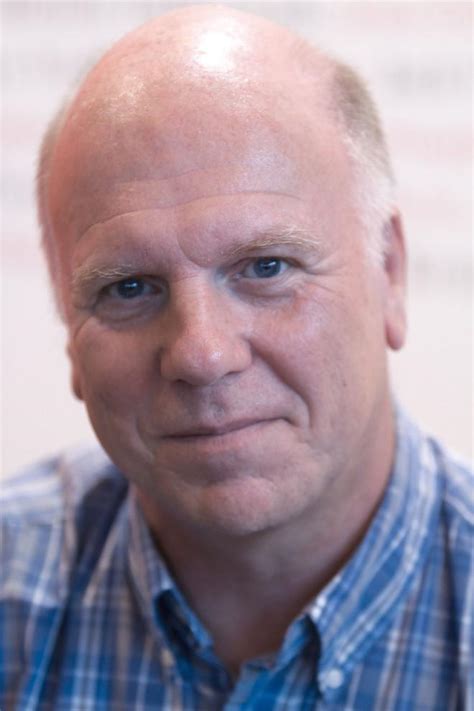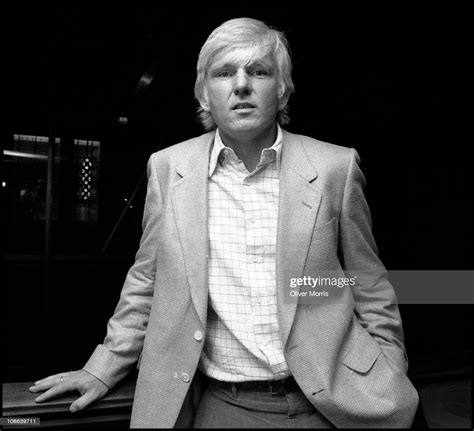Top 1200 Wrote Quotes & Sayings - Page 5
Explore popular Wrote quotes.
Last updated on December 24, 2024.
When I was 20, I wrote a film on spec and sent it to the BBC. They wrote back, 'Usually, when we reject submissions, we like to offer some encouragement, but in your case, we don't see any point in you continuing.' I took it as encouragement anyway, thinking that only people who write terrible things are capable of writing great things.
2Pac wrote about life threatening situations after being shot so often, it made it seem like he was obsessed with it. He even wrote music and material that he left behind after he died that made reference to him dying already. I think the significance in that ties back to us knowing that that's our fate.
Sometimes an idea from six years ago will come to me out of the blue. And maybe I haven't even seen the lyrics I wrote down, but I'll just have this physical memory of having written it, and in my mind I can see the piece of paper, and the words I wrote down, and then by muscle memory, I'll remember the chords that go along with it.
'After 17' is a song I wrote when my first daughter went to college, so that's kind of where I'm at in that part of my life. If you listen to that song and knew anything about me, you'd say, 'Oh yeah, he wrote that about his daughter,' but I try not to write them that they are so specific that they wouldn't apply to anybody that has a child.
The bulletproof vest--'bullet resistant,' technically--is made of two double panels of a synthetic material called Kevlar, inside a cloth carrier that holds it around your torso like a lead X-ray smock. One cop wrote phrases from the Bible on his, 'Yea, though I walk in the valley of the Shadow of Death...' Other cops wrote their blood type.
I was a cover artist for years. I didn't start writing songs until I was in my mid-twenties. I wrote them with John Leventhal, and they were pretty bad. I was in my late twenties when I wrote the first song with him that made any sense to me about what I was rooted in and what spoke for me as an artist. That was 'Diamond in the Rough.'
I wrote two poems about the 81 uprisings: Di Great Insohreckshan and Mekin Histri. I wrote those two poems from the perspective of those who had taken part in the Brixton riots. The tone of the poem is celebratory because I wanted to capture the mood of exhilaration felt by black people at the time.
I don't know what started me, I just wrote poetry from the time was quite small. I guess I liked nursery rhymes and I guess I thought I could do the same thing. I wrote my first poem, my first published poem, when I was eight-and-a-half years old. It came out in The Boston Traveller and from then on, I suppose, I've been a bit of a professional.
I wrote the book Don't Die, My Love as I was going through radiation, so it certainly has an air of authenticity about it because I was there. I think all of my books took on kind of a deeper tone when the lady who wrote about cancer all of a sudden had cancer. I'm doing well. I went through it all and they said, 'You're fine."
I wrote 'Mr. In-Between' very quickly when I was about 23. I wrote the penultimate chapter, then realised I'd done something which was written to the best of my abilities. I panicked. I hesitated to finish the final chapter and went into withdrawal for three years. I decided to pick it up again after I went drinking with author Tim Binding.
I want my thoughts to be an incentive for the reader to give his or her own thoughts. After I wrote 'Proust and the Squid,' I received truly hundreds of letters - I'm still receiving them - and the letters that I wrote back helped me formulate my thinking around things I know are important to others.
I think when I was 7, at school they got us all to write the story of Joseph and his brothers. I got a bit carried away and wrote 12 pages - everybody else wrote a page. The teacher was so impressed by it that she put it up on the wall for parents' evening. I thought, 'Oh, this is something that I really like that I also seem to be quite good at.'
There was no actually stock footage in "Medium Cool." I wrote the script. I wrote the riots. And I integrated the actors in the film in the park during the demonstrations. But nowhere was it like we had stock footage and then later, in editing, integrated it into the film. It was all done at the time.
I had a dream, in 1985, I believe, when a friend I'd gone to school with was sick - one of the first people I knew who'd gotten the AIDS virus. I had a dream of him in his bedroom with an angel crashing through the ceiling. I wrote a poem called 'Angels in America.' I've never looked at the poem since the day I wrote it.
I made a movie when I was 15 years old with all my friends. This is when IMDb was a little more lax with its proceedings, so it's listed as one of my projects. I was 15 years old; it's a terrible movie. I wrote 50 percent of it because I wanted to kiss this one girl, and I wrote a kissing scene for it.
At the end of the tour last year, I was completely fried. I felt my soul was begging me to give it a release. Two long trips to Costa Rica and to Iceland I've made were the best things I could have ever done for myself and you see it with the songs I wrote before I left and the songs I wrote after - there are two different Kips in there.
'Unbreakable Smile' was based off one of the songs I wrote for the album - it was actually the first song I wrote for the album without realizing it yet. I think I wanted to name the album that because it seemed like that was just the theme of that chapter in my life and just the theme of all the songs put together.
Every time I put a collection together I'd scrap it because there was no "meaning," until I wrote about the two black men - friends - in the beginning of the book. So much of their experience was ABOUT trying to find friends in the authors/artists I wrote about - subjects that were/are a source of comfort, somehow, since none of them "fit," either
In the helter-skelter of this book, I didn't develop my views as theory. In fact, I even believe that efforts of that kind are tainted with ponderousness. Nietzsche wrote "with his blood," and criticizing, or, better, experiencing him means pouring out one's lifeblood. It was only with my life that I wrote the Nietzsche book that I had planned.
"After 17" is a song I wrote when my first daughter went to college, so that's kind of where I'm at in that part of my life. If you listen to that song and knew anything about me, you'd say, "Oh yeah, he wrote that about his daughter," but I try not to write them that they are so specific that they wouldn't apply to anybody that has a child.
I wrote two poems about the '81 uprisings: 'Di Great Insohreckshan' and 'Mekin Histri.' I wrote those two poems from the perspective of those who had taken part in the Brixton riots. The tone of the poem is celebratory because I wanted to capture the mood of exhilaration felt by black people at the time.
That certain snobbery of certainly the Parisian - combined with a complete denial of your historical legacy, is just awful. That's a funny thing about France. Saul Bellow wrote somewhere that he saw right through the French. He lived there. He wrote The Adventures of Augie March in Paris, and there's no one better than him to say what's unbearable about the French.
Jefferson wrote the Declaration of Independence; Madison wrote not only the United States Constitution, or at least most of it, but also the most searching commentary on it that has ever appeared. Each of them served as president of the United States for eight years. What they had to say to each other has to command attention.
It shouldn't be a Higgs field. If it's anybody's, it should be Goldstone field, I think. When Nambu wrote his short paper in 1960, Jeffrey Goldstone of Cambridge University, who was visiting Cern, heard about it. He then wrote a paper which was conceptually similar to what Nambu had done, but a simpler model.
The first person that I ever heard sing a song I wrote was Jason Derulo. I was in the studio when he was doing it, and I mean, I've heard that guy's voice my whole life. When he was singing words I wrote, I started kind of choking up, but I tried to be all manly and puff my chest up and be all, 'Yeah, it's not a big deal.'
I used to write my own versions of famous tales, such as William Tell or Robin Hood, and illustrate them myself, too. When I entered my teens, I got more into horror and science fiction and wrote a lot of short stories. A literary education complicated things and for many years I wrote nothing but poetry. Then I got back to story-telling.
It was a roller-coaster process. For a long time I had no idea what I was doing. I wasn't writing with an outline. And, rare for me, I wrote scenes out of sequence. . . . I didn't understand the play when I wrote it. It was something I'd give in to. It happens to me periodically. I give over and write whatever comes to me and I don't know what it means and then I do. It's thrilling.
In the ordinary jumble of my literary drawer, I sometimes find texts I wrote ten, fifteen, or even more years ago. And many of them seem to me written by a stranger: I simply do not recognize myself in them. There was a person who wrote them, and it was I. I experienced them, but it was in another life, from which I just woke up, as if from someone else's dream.







